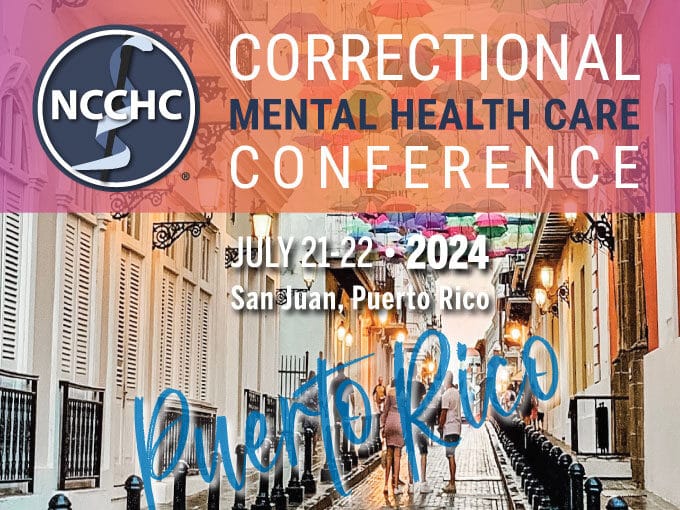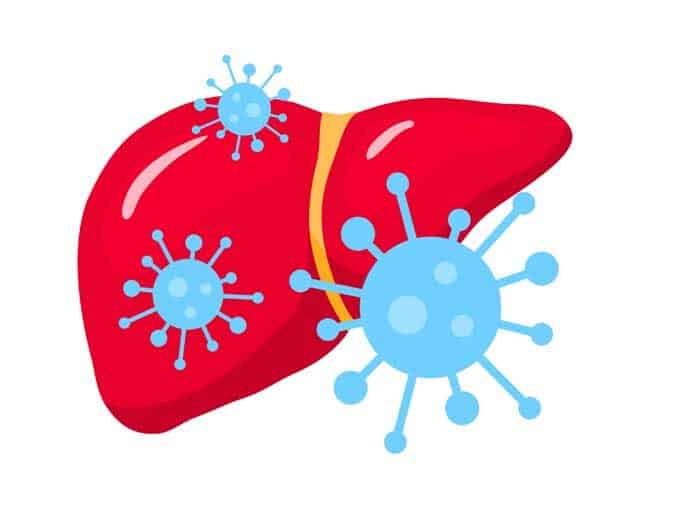
Say hola to Puerto Rico
The 2024 Correctional Mental Health Care Conference will be held in sunny San Juan!
Home How We Talk About People Matters: The Case for Person-First Language in Correctional Health Care
 Feb 16, 2023
Feb 16, 2023In February 2021, the National Commission on Correctional Health Care issued a position statement on the use of person-first language in correctional health care. The position statement engages in a movement to humanize the way we talk about people who have interacted with the criminal legal system. Because people matter, the words we use to describe them matter, too.
What is Person-First Language?
Person-first language is anchored in recognizing people as people and describes what a person has, as opposed to what a person is. For example, “person who is deaf” vs “the deaf,” or “person experiencing incarceration” vs “the incarcerated” have different undertones – because one puts the person first, and the other labels the situation as the person. The way we use language to conceptualize people can reflect unconscious biases and shape our attitudes about people—and subsequently, how we treat them. For groups who are stigmatized, person-first language can help overturn systemic biases, while failure to do so can have negative repercussions.
In the criminal legal system, defining a person by their crime (e.g., drug dealer or drug abuser) can automatically shape attitudes about the person and future interactions with the person, significantly impacting their health and wellbeing. So, person-first language is important always, but especially in research, programs, policies, and direct interactions with people involved in the criminal legal system. Person-first language is humanizing, signifying a much-needed step to overcome the dehumanizing experiences millions of people face in US prisons, jails, and youth detention centers.
Why It’s Important: Person-First Language Builds Positive and Respectful Relations
Person-first language is important because it builds positive and respectful relationships, a critical need for when incarcerated people reenter the community. Person-first language equalizes relationships between people who serve (like health providers, case managers, and community health workers) and people who are incarcerated, by recognizing we are all people. Putting the focus on the person, rather than the crime, builds trust and rapport, and the positive relationships that come from humanizing language are important for the transition out of incarceration into the community. People who are incarcerated are more likely to have therapeutic interactions with providers in custodial settings when they are spoken to and about with their respect. Likewise, people who are reentering society from incarceration are more likely to stay linked to services and care if there are more positive relationships with service-providers. Staying linked to services and care is critical for the health and wellbeing of people who are incarcerated, who already have greater health needs than the general population.
Why It’s Important: Labels can be Self-Fulfilling, Particularly for Youth
Stories and narratives are powerful, and the labels we use to describe people can be self-fulfilling. For example, using the label “criminal” to describe a person can shape not only how others think of the person but also how the individual views themselves. Self-perception and self-labelling are intertwined with self-worth. Not using person-first language reduces the person to a generalization, or a set of expectations, which can be self-fulfilling.
Instead, person-first language recognizes the individual (and the individual experiences) within a system, which is especially important for youth who are still undergoing major developmental processes, as their brains are not fully developed until age 25. How we speak about youth, especially youth who are detained or incarcerated, affects how we label them, and in turn, how they think about themselves. In adolescence, young people are establishing their own sense of identity and the way we talk about them when they are vulnerable and struggling merits close attention. How youth think about themselves – self-concept – has significant implications for health and wellbeing. Especially for youth who already have greater health needs than the general population, person-first, humanizing language can potentially play a pivotal role in their health trajectories.
Conclusion:
We need to use person-first language when talking about people and youth involved in the criminal legal system. Person-first language sets the stage for respectful and even therapeutic relationships, which are so important for people who are involved in the criminal legal system, especially for youth. Remembering the person, first, is respectful, it is humanizing. And it makes a difference.
By Joyce Lee, MPH, and Elizabeth Barnert MD, MPH, Department of Pediatrics, University of California, Los Angeles


